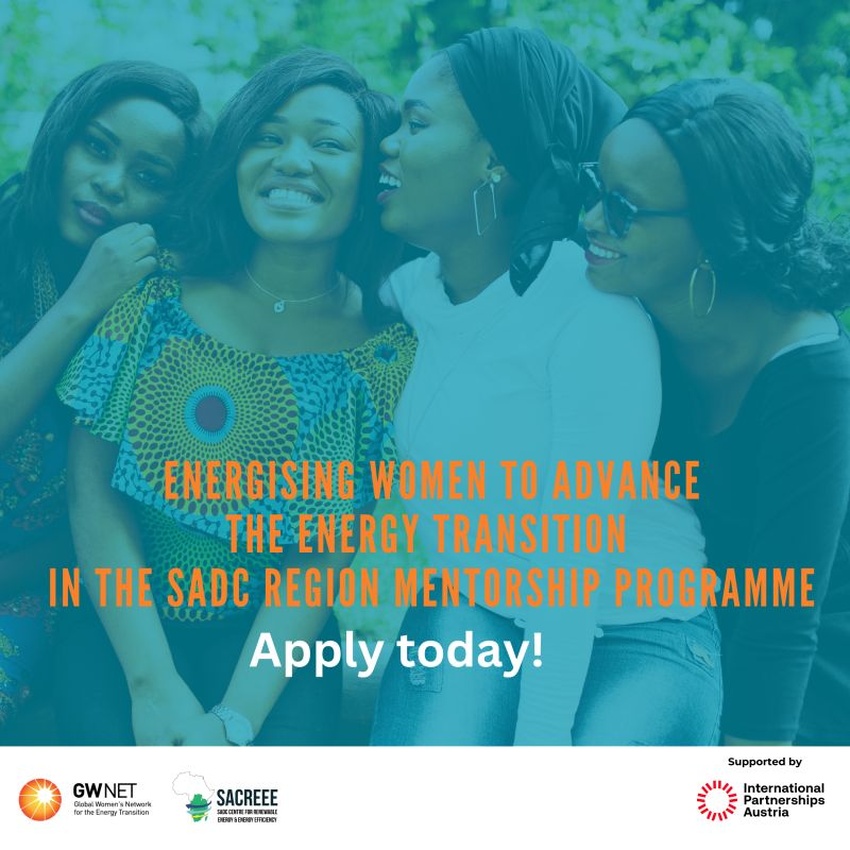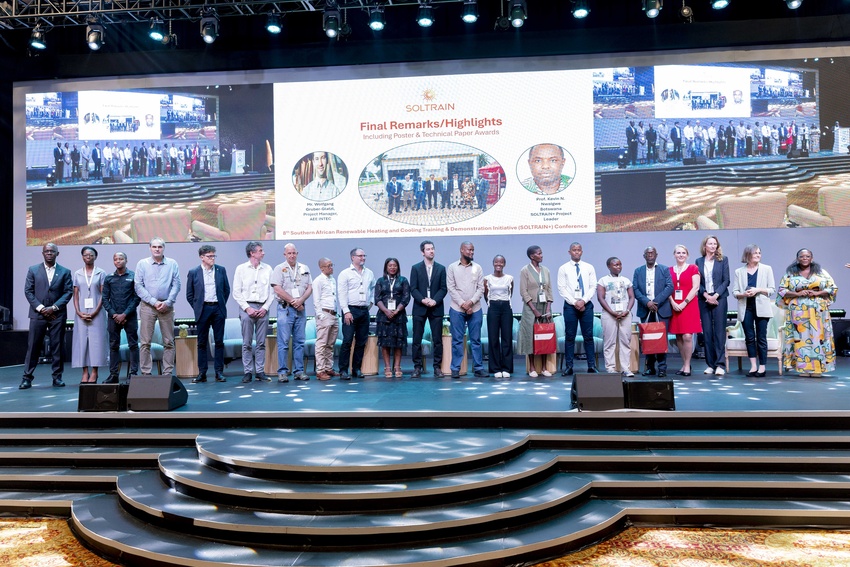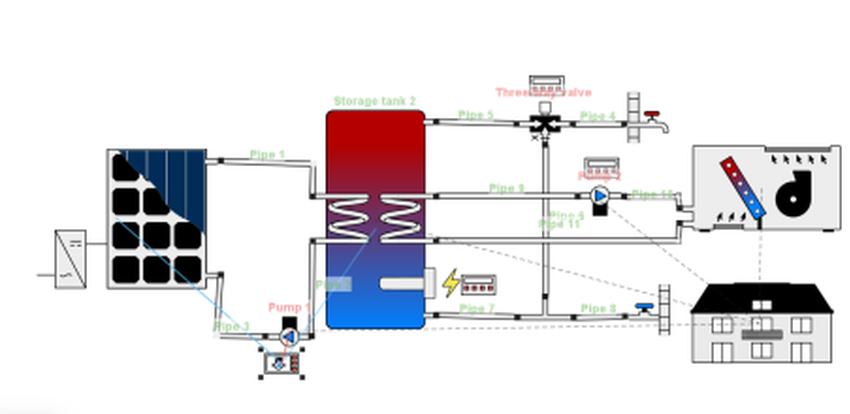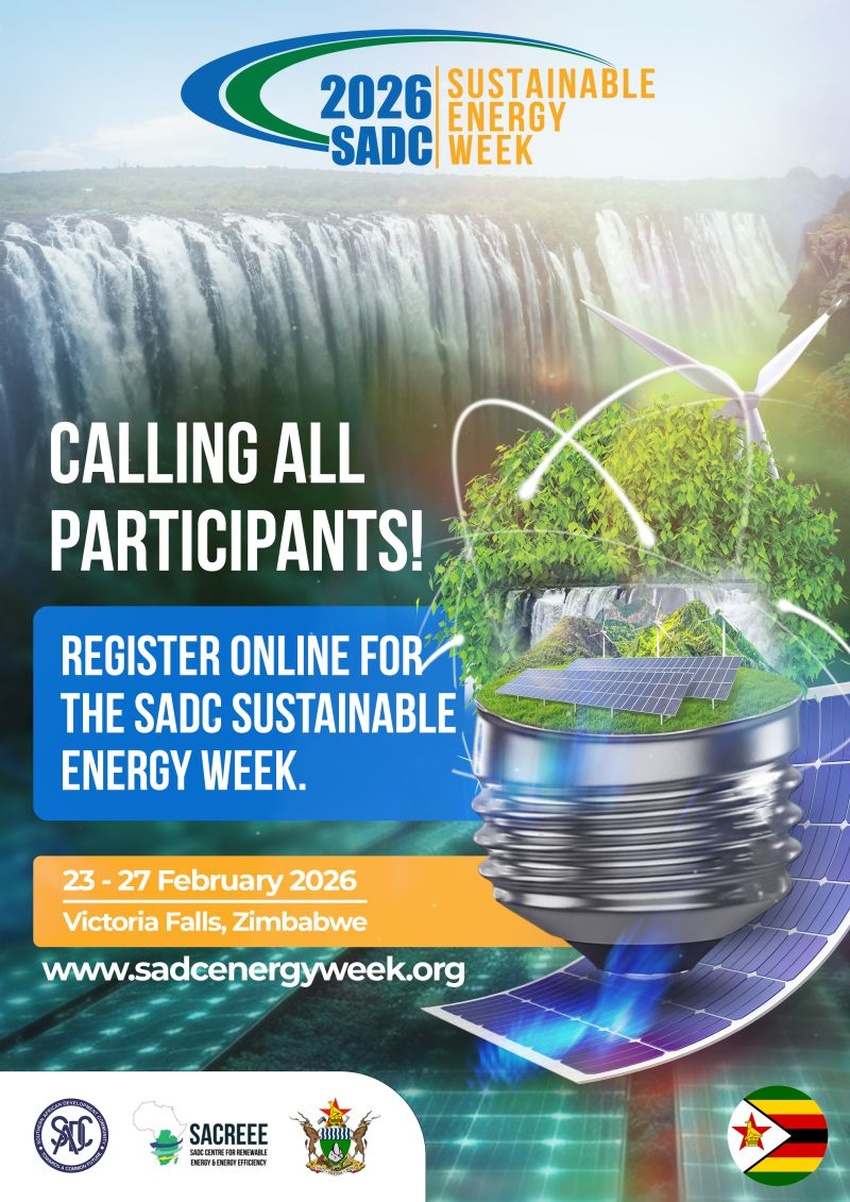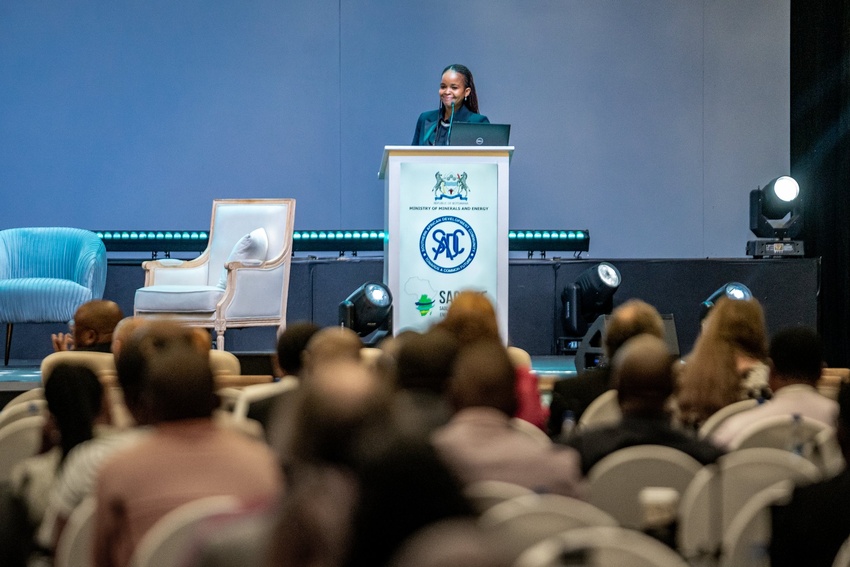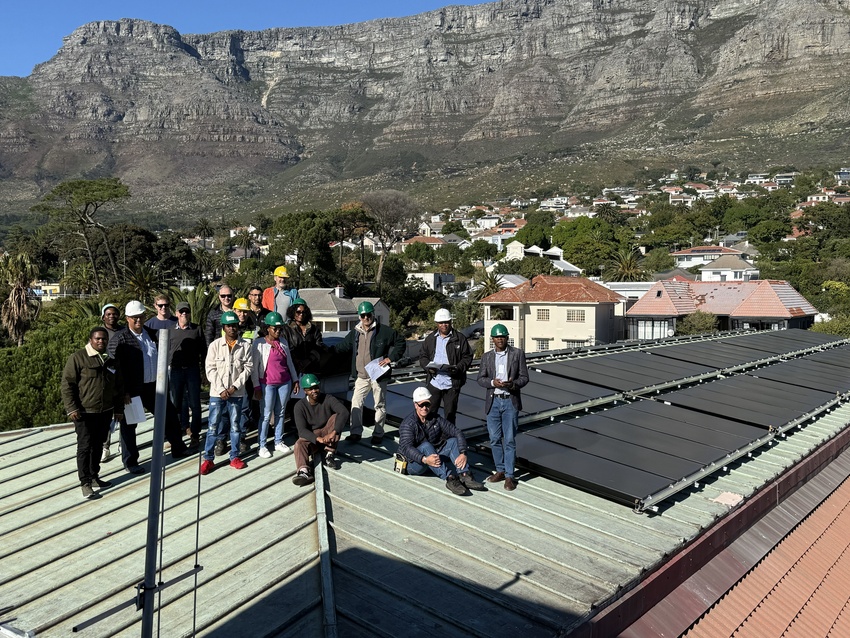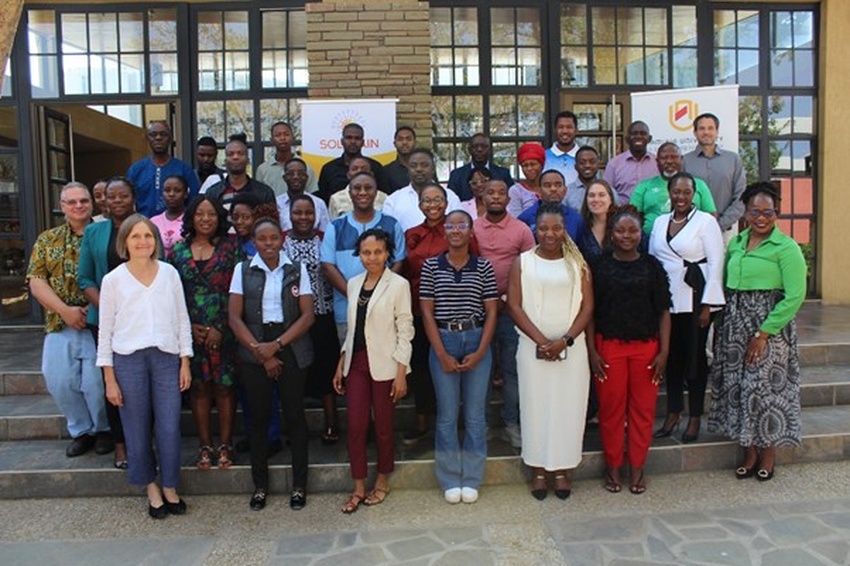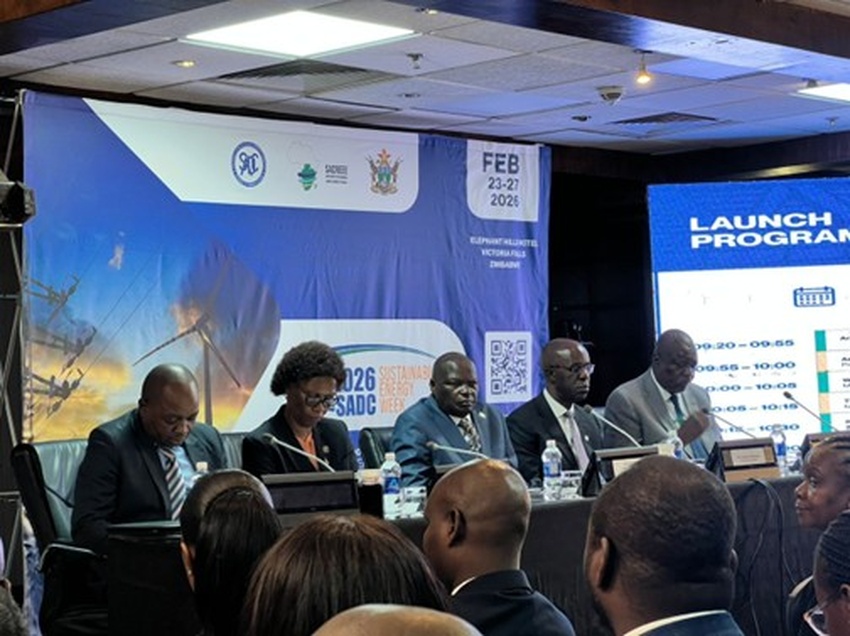Policy interventions in support of the implementation of Solar Thermal Roadmaps
Submitted by Kuda NdhlukulaPublished 4 years, 10 months ago
The SADC Centre for Renewable Energy and Energy Efficiency (SACREEE) has a mandate to increase access to modern energy services and to improve energy security across the SADC Region. The six SOLTRAIN partner countries; Botswana, Lesotho, Mozambique, Namibia, South Africa and Zimbabwe have developed Solar Thermal Technology Roadmaps and Implementation Plans (https://www.soltrain.org/assets/roadmaps), and the roadmaps have set solar thermal technology targets of each of the partner countries.
Successful implementation of these Roadmaps requires strong political support, hence between January 2020 and February 2021, a total of 14 policy workshops were carried out in close co-operation with SACREEE, AEE INTEC and the respective project partners in each country. The aim of the policy workshop series was to explore and concretise ways to mobilize funding for the execution of the Solar Thermal Roadmaps and Implementation Plans.
Due to restrictions imposed by the COVID-19 pandemic, the workshops were held as hybrid meetings starting from June 2020. Participants from the respective partner countries met physically in conference rooms in compliance with local COVID-19 regulations. The representatives of SACREEE and AEE INTEC and those that could not attend physically attended via an online conferencing platform.
Despite the hybrid setting, good discussions were possible with all participants.
Preliminary Outcomes
The policy workshops have resulted in some substantial progress in all the countries in transforming their Solar Thermal Roadmaps and Implementation Plans into bankable projects.
Zimbabwe established a technical committee comprised of the Ministry of Energy and Power Development, the regulator, academia and others to solicit support from different organisations to transform the roadmap into a bankable proposal. Support was secured from the United Nations Development Programme (UNDP) and the process is underway with the first draft bankable proposal submitted for review.
Lesotho has secured support from the European Union Delegation in the country and discussions with the Department of Energy are underway. Namibia, through the Ministry of Environment, Forestry and Tourism and that of Mines and Energy is negotiating with a regional development bank to access Green Climate Fund resources as well as others. The objective is to scale up the national Solar Revolving Fund to boost financing of the solar thermal sector. In South Africa, the focus is on large scale systems as well as solar heat for industrial processes, but strong policy support and engagement with the financial sector is critical.
Botswana and Mozambique have each established a task force/technical working group composed of various national players to develop a working framework to engage different development partners to support their bankable proposals. The work of the national task force teams would be coordinated by the SOLTRAIN partners.
What is evident in all the countries is that both local and external financial institutions are keen to fund the roll-out of solar thermal roadmaps but they require clear structures that will support their implementation in a sustainable way.
